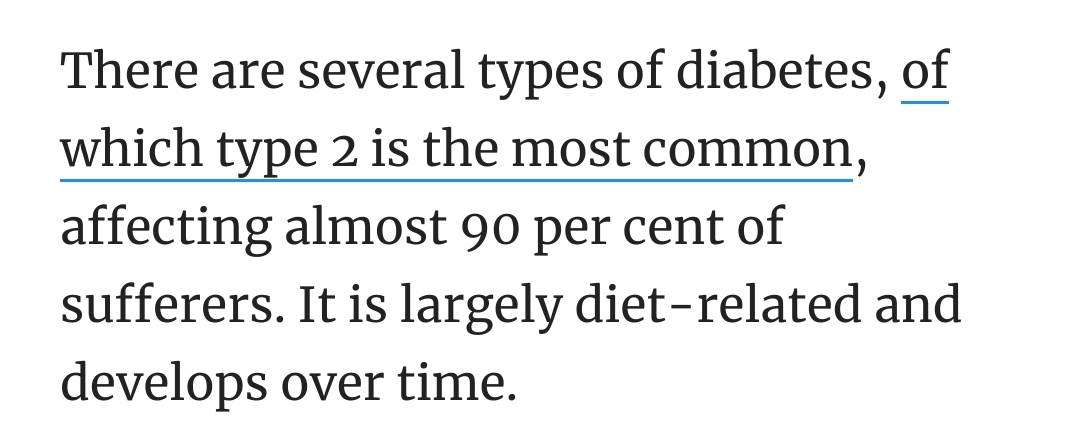
In a related topic, most of us never saw chinese blockbusters https://en.m.wikipedia.org/wiki/List_of_highest-grossing_films_in_China (, and usually not movies from other countries)
But we're a democracy fighting for freedom while they're an evil dictatorship whose citizens are praying to be liberated.
Also(, it's (kinda )out of topic but on my mind currently), as Zak Cope pointed out in « The wealth of (some) nations », so called "communist" western political parties aren't internationalist/humanist :

And if the last communist countries can't realistically help other countries even more than they're currently doing because it may 'weaken them'&'cause their destruction', then they only have to make public declarations that, once certain metrics are realized ensuring their long-lasting survival, then measures of wealth equality among countries will then automatically be taken, it's not hard to do better than those/westerners/nationalists who aren't even trying(, on the contrary, i'm often remembering that Thomas Jefferson tried to prevent the publication of Ricardo's Principles in the u.s.a.(, Reinert 1996, p. 5) ; even if 'free trade'//protectionism and the principle of infant-industries is only a part of neo-colonialism, it's good to remember that « throughout the nineteenth century and up to the 1920s, the USA was the fastest growing economy in the world, despite being the most protectionist during almost all of this period »).
edit1 : « Important as tariff protection may have been in the development of most NDCs[, Newly Developed Countries, from XVIIIth-century Britain to XXth-century Korea], it was — I repeat — by no means the only, nor even necessarily the most important, policy tool used by these countries in promoting infant industries. There were many other tools, such as export subsidies, tariff rebates on inputs used for exports, conferring of monopoly rights, cartel arrangements, directed credits, investment planning, manpower planning, R&D supports and the promotion of institutions that allow public-private cooperation. ». Zak Cope talked about colonial tribute, monopoly rent, and unequal exchange(, and value transfer, e.g., « For every dollar’s worth of goods exported from the Philippines in 1961, approximately five times as many hours of labour had to be invested as in a dollars worth of goods exported from Canada. »), while other authors added other factors(, as an other example, Lenin's (old )view is famous and his 5 points were updated here by 8 authors starting from scratch at each chapter with their own view). Their description of the causes/consequences/context aren't incompatible, nor are Jason Hickel's arguments, or Samir Amin, nor is adding our nationalism/'lack of humanism/good-will' in the balance, etc.
edit2 : (ITT : International Trade Theory)
« According to Maddison's estimate, throughout the nineteenth century the ratio of per capita income in PPP terms between the poorest NDCs (say, Japan and Finland) and the richest NDCs (say, the Netherlands and the UK) was about 2 or 4 to 1. Nowhere is this as big as the gap between today's developing and developed countries.
(...)
When in the late nineteenth century the USA accorded an average tariff protection of over 40 per cent to its industries, its per capita income in PPP terms was already about three quarters that of Britain ($2,599 vs. $3,511 in 1875).
(...)
Compared to this, the 71 per cent trade-weighted average tariff rate that India had just prior to the WTO agreement — despite the fact that its per capita income in PPP terms is only about one fifteenth that of the USA — makes the country look like a veritable champion of free trade. Following the WTO agreement, India cut its trade-weighted average tariff to 32 per cent, bringing it down to a level below which the USA's average tariff rate never sank between the end of the Civil War and the Second World War. »
i.d.k. but it's at least suspicious
And Israel can still bomb defenceless civilians under the absurd impossible goal of "destroying" anti-zionists, after oppressing them for almost a century, and being the main/only obstacle to (the unilateral palestinian loss of )a two-states solution(, along the 1967 borders obviously). It's apparently easy to switch from victim to tormentor when given the opportunity, i think that they're acting out of greed(, for more territory), not self-defense, they're not victims ; and, 3 generations later, we don't owe the current awful beings any "free pass" for the victims of ww2, nor do we owe anything to the current russians for the many soviet deaths. If they don't trust that allowing a palestinian state will ensure their safety, then they have a problem and need to find a solution, a world army is less far-fetched than overthrowing every neighbor that is still pro-palestinian, but are they even searching for a way to ensure their safety, and is it the real reason for their refusal ? A first step would be to publicly explain why they're refusing a "two-states solution" instead of assuming(, in secret like a good head of state, westerner or not,) that there's no answer to their objection, most of the world want to help them to make peace, it's not like in the case of Russia-Ukraine where the n.a.t.o. refuses to 'change their mind'/'abandon (the anti-russians/pro-western in )Ukraine'(, which would solve everything,) and nobody can 'do anything'/'force them', here there're more than one solution and it's mostly Israel that is refusing to go back to the 1967's borders among other things for reasons that can be solved if they share it with (tens of )thousands of researchers ready to debate and offer innovative/new options to solve their preoccupations/'causes of refusal'.

